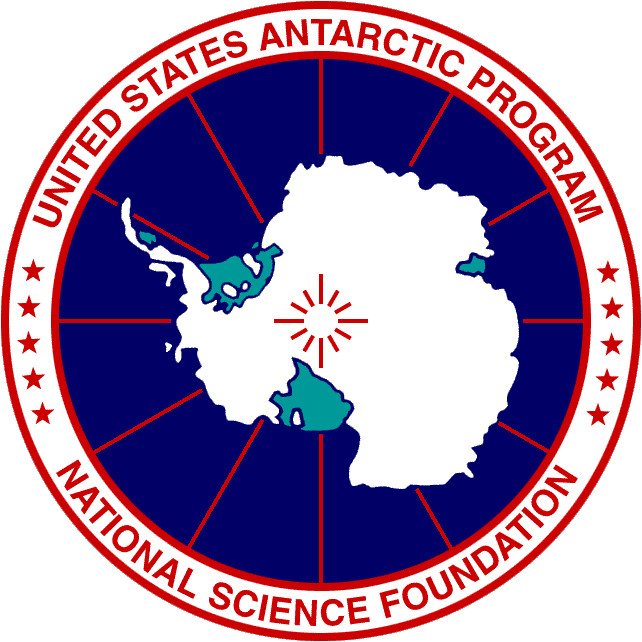A Few Words from One of the Newest BURECSers, Nisha Kishore
“Étudiants au revoir!” I heard my French teacher say as I exited the classroom. With my head held high and an overwhelming smile on my face, I made my way downstairs to the beginning of an indescribable adventure: my orientation for BURECS.
As I entered the room, I couldn’t help but admire the beauty of the moment. 19 freshmen, from different colleges, aspirations, and backgrounds, all coming together for the purpose of research. I took my seat and took a mental image of the faces in the room, knowing that they would momentarily become my colleagues.
Dave began the orientation by introducing the course syllabus and content. We will be studying the Earth’s climate change this semester, and two different students will present the chapter every week. I’m looking forward to learning from my peers and being able to create my own presentation. After the introduction, Dave gave us an innovation-style questionnaire to help us understand our personal style of coming up with ideas. I was certain that I would be considered a visionary, so I was surprised to find out that I’m a philosopher. I learned that I’m stimulated by ideas and I tend to view a situation from a more thoughtful perspective.
I’m looking forward to being a part of this amazing group of students and faculty. I am excited to see what we can accomplish together and am confident that this semester will be unforgettable!































